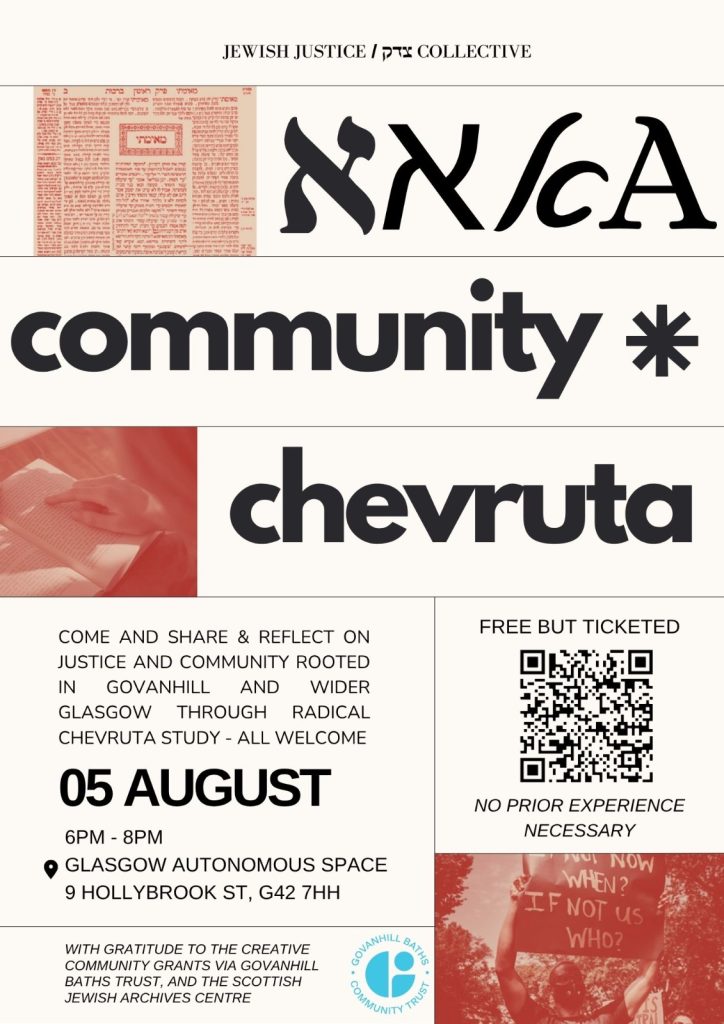
- This event has passed.
EJCC Live – Phil Alexander and Sasha Lurje “The Sounds of Displacement: Yiddish songs in the aftermath of the Holocaust” – 7.30pm
17th June 2021
£5
After the war, many Jewish survivors in Europe hoped to emigrate and start a new life elsewhere. However, restrictive immigration policies of the USA and Palestine – the two main choices – meant that relocation remained largely impossible until 1948. As a result, between 1945 and 1948, approximately a quarter of a million Jews – along with three quarters of a million others – were housed in Displaced Persons camps set up by the Allies, often on the sites of former concentration camps or military barracks.
Conditions in the camps varied but were often very difficult. Despite this, musical life thrived in many instances. Orchestras and jazz bands were pulled together, international artists like Yehudi Menuhin and Leonard Bernstein visited and performed, new songs were written and old ones remembered. In addition, song anthologists such as Vilna partisan Shmerke Kaczerginski toured the camps collecting songs and narratives, attempting to preserve as much cultural memory as possible.
In this session Phil will take us through some of the many ways that music was a part of post-Shoah displaced refugee life. We will listen to archive materials, discover more about the ensembles and anthologies that were created out of DP camp life, and explore the importance of music under these difficult circumstances. We will see how music fulfilled many roles: documenting daily life, a vehicle for remembering atrocities and persecution, an essential way of raising spirits, and a glimpse of possible futures elsewhere. The talk will also feature live performances of some of these remarkable songs from Sasha Lurje, one of the finest contemporary interpreters of Yiddish song.
Participation will cost £5 (free for those on limited income).
To book a place: https://www.trybooking.co.uk/BAAO (please note that you will then need to complete your registration via Zoom – you will be sent an additional e-mail to enable you to do this).


